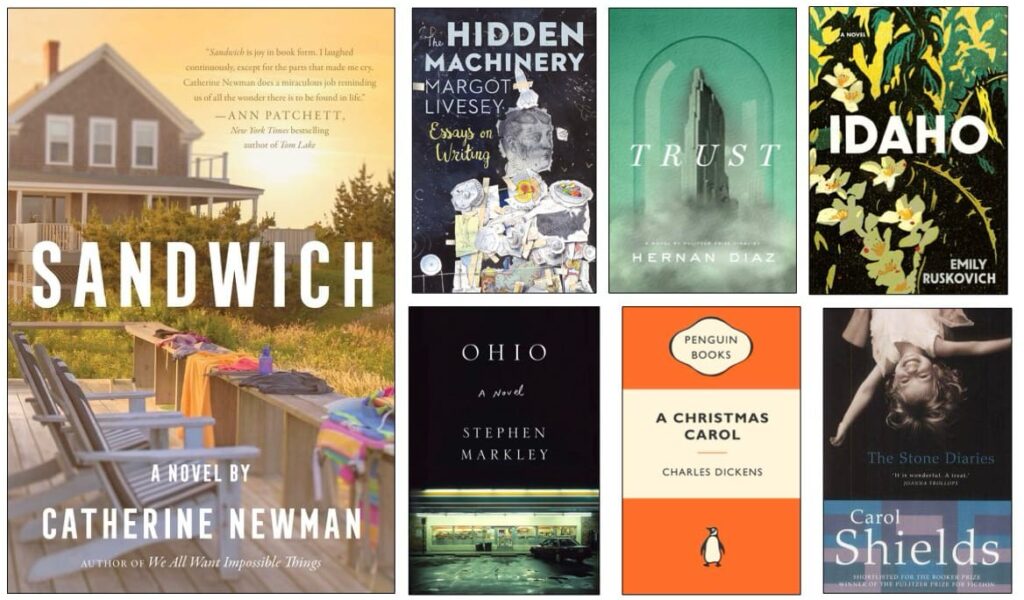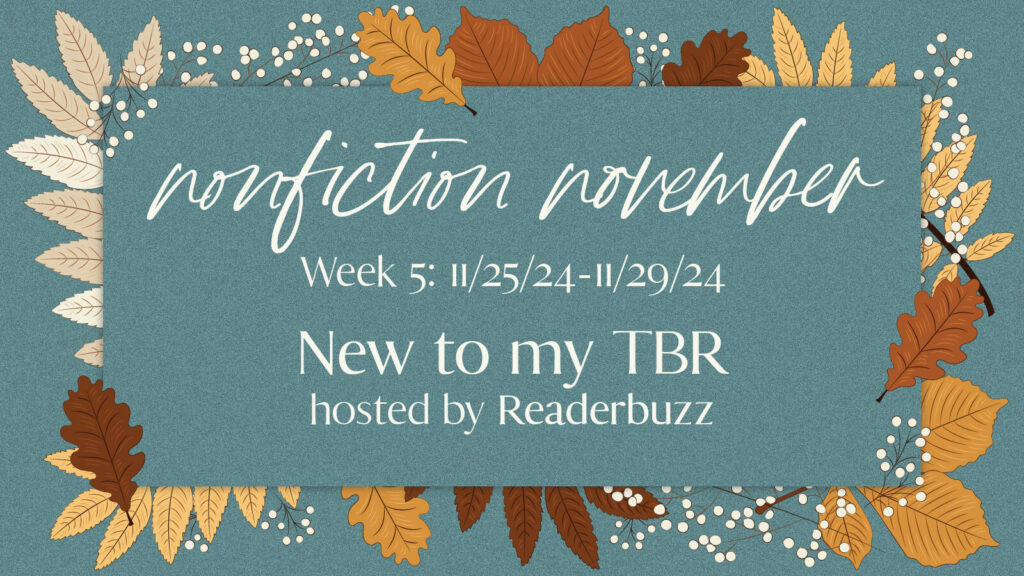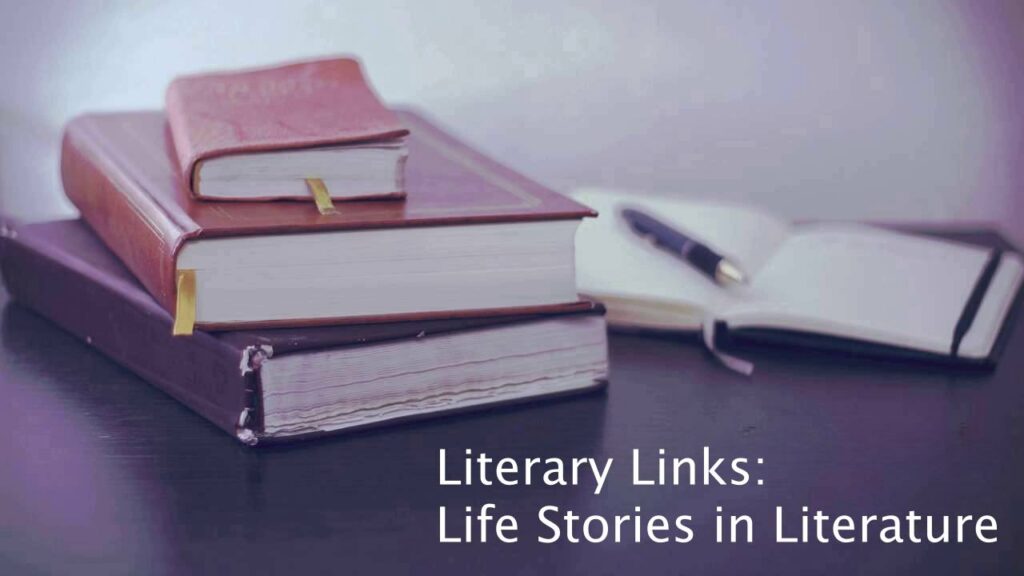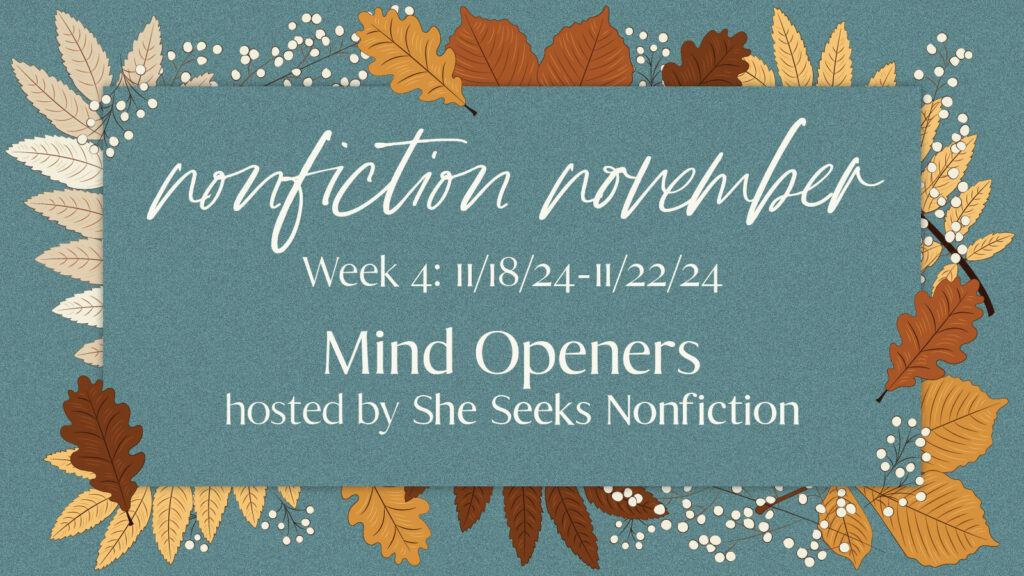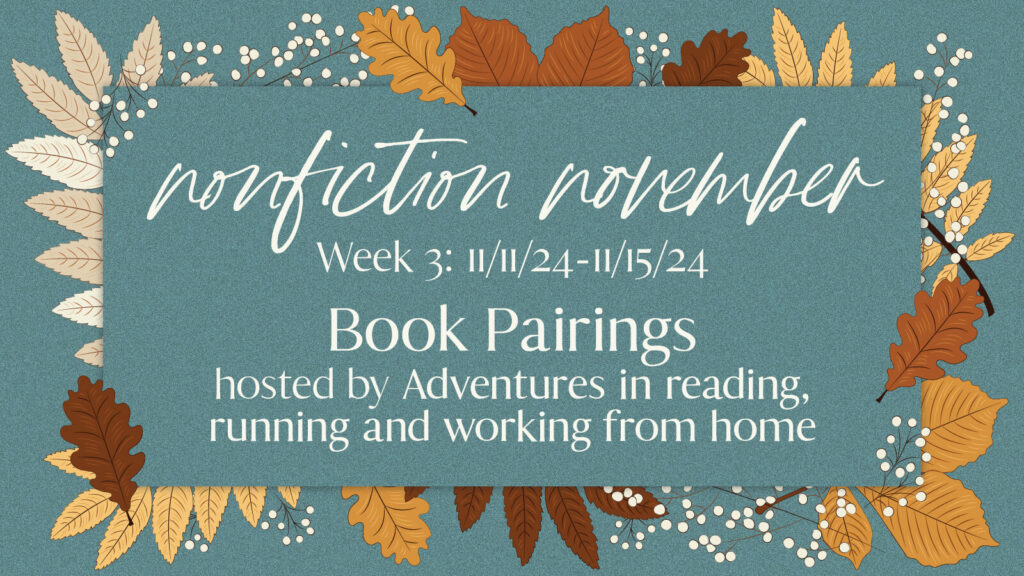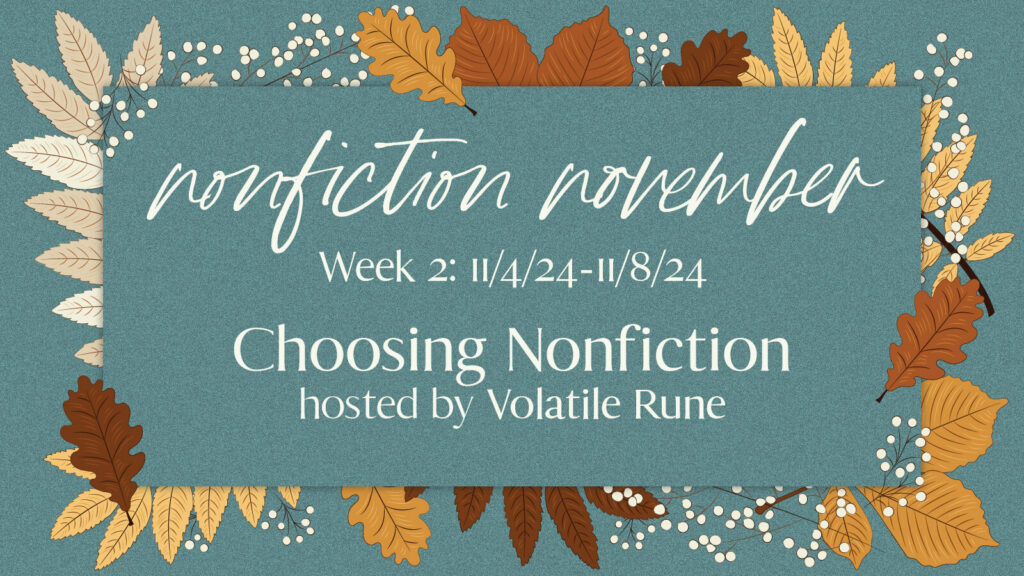6 Degrees of Separation
My Continued Apologies The comment glitch on this blog continues. My hosting provider has been helpful in trying to track down the cause. In the meantime, here’s a work-around that may may work: If you type a comment and hit the “post comment” button, you’ll get the message “submitting comment,” followed by nothing. But, if […]
6 Degrees of Separation Read More »

